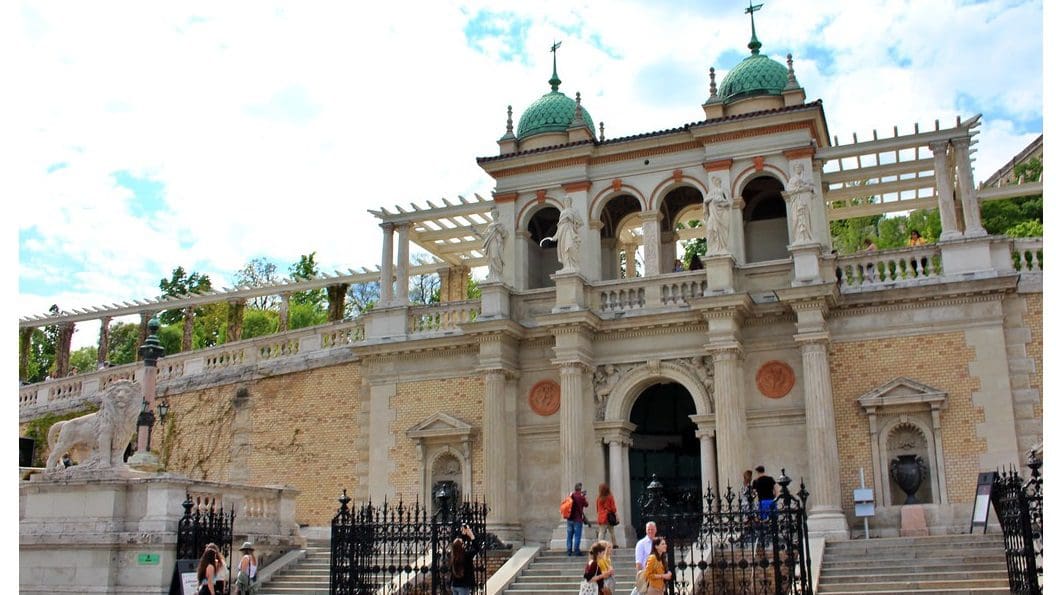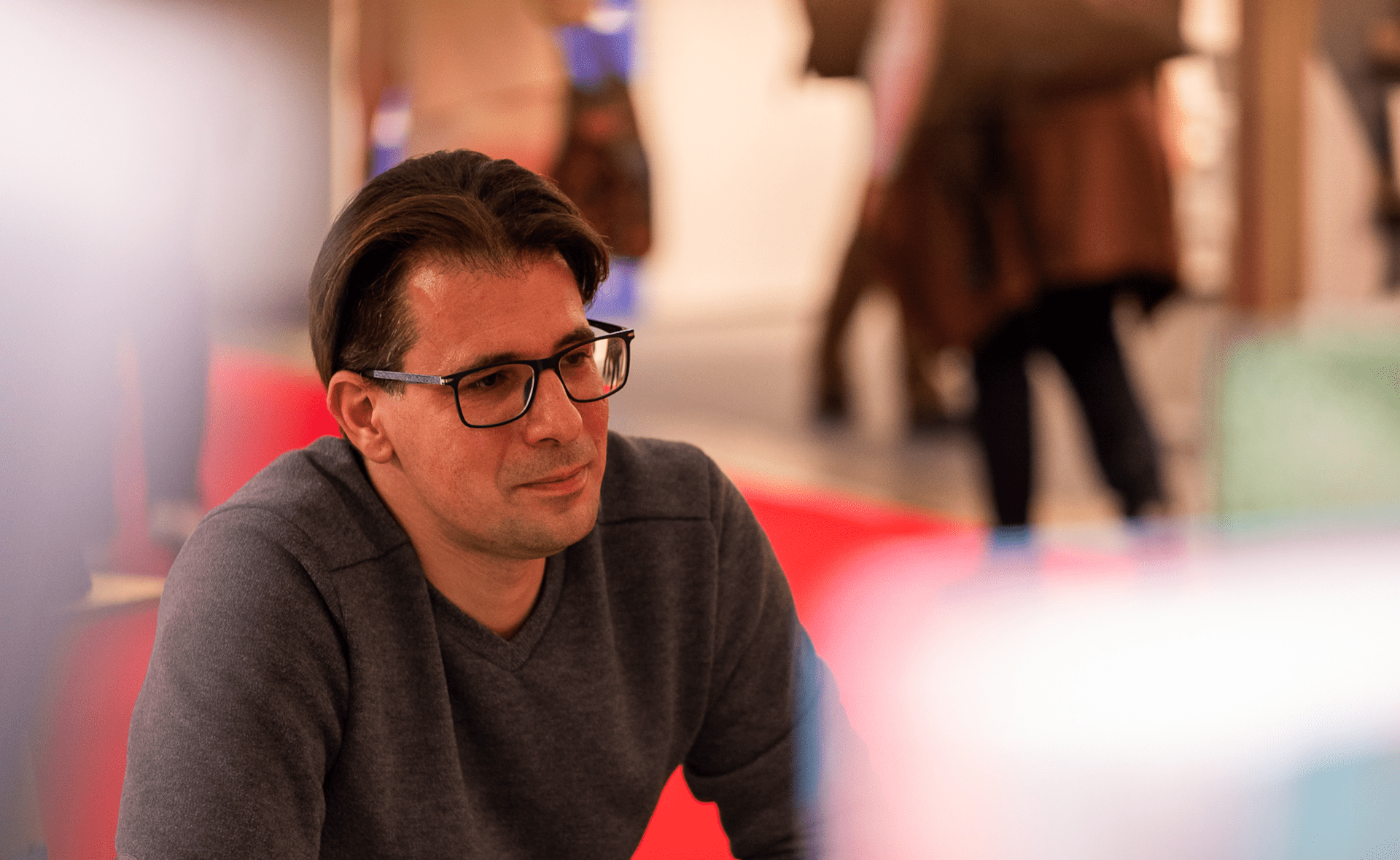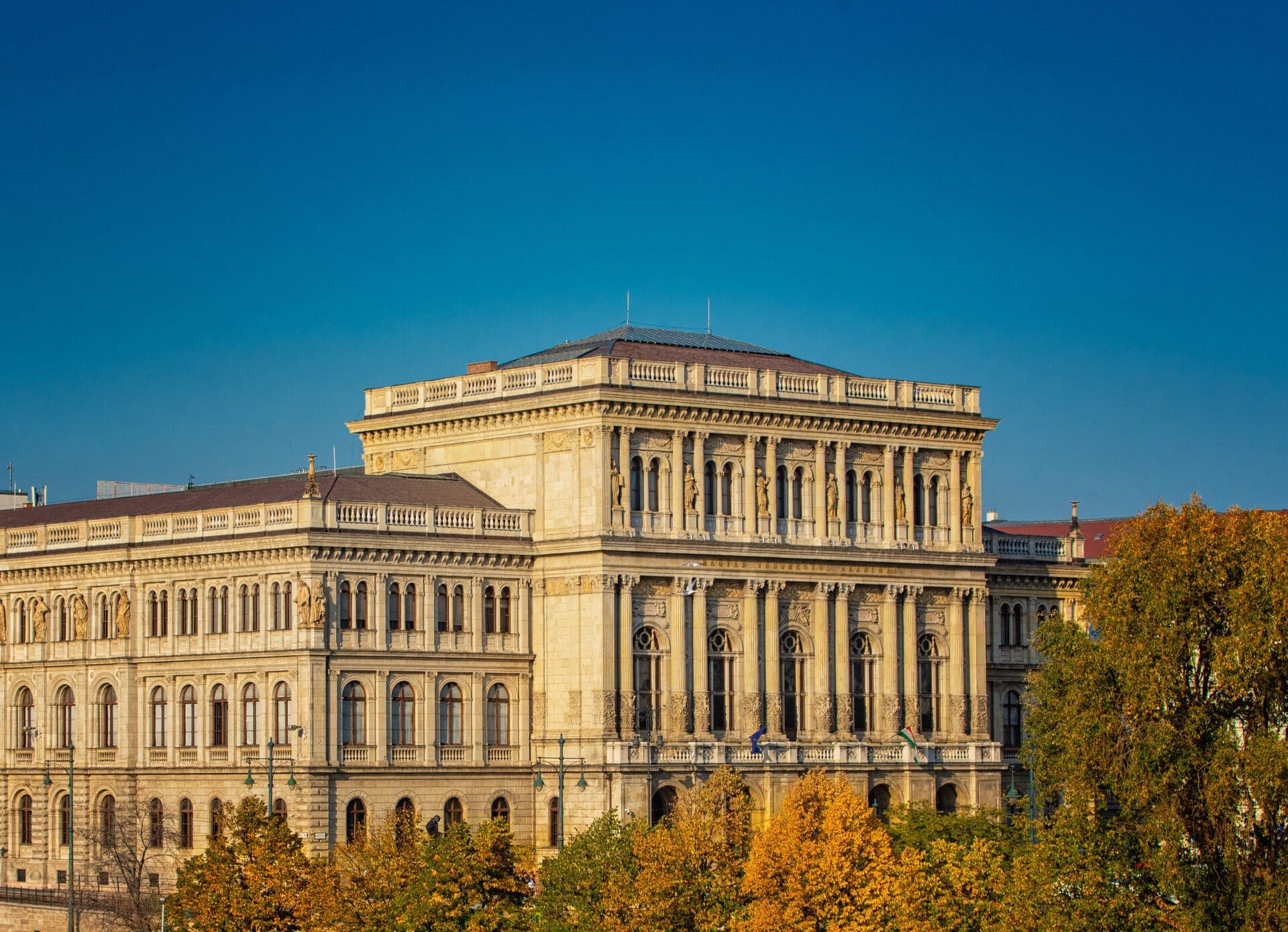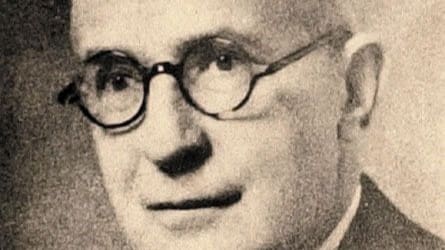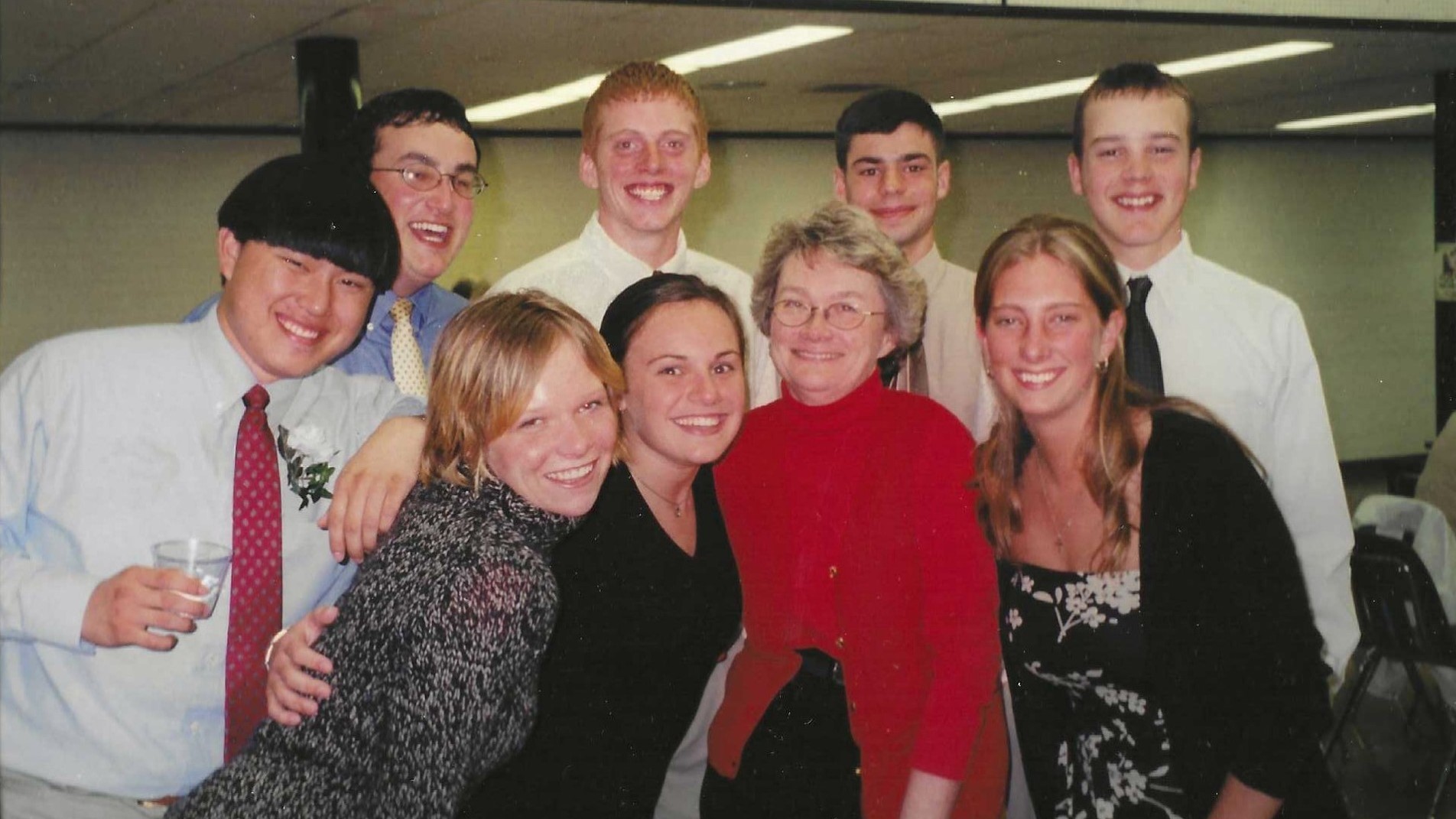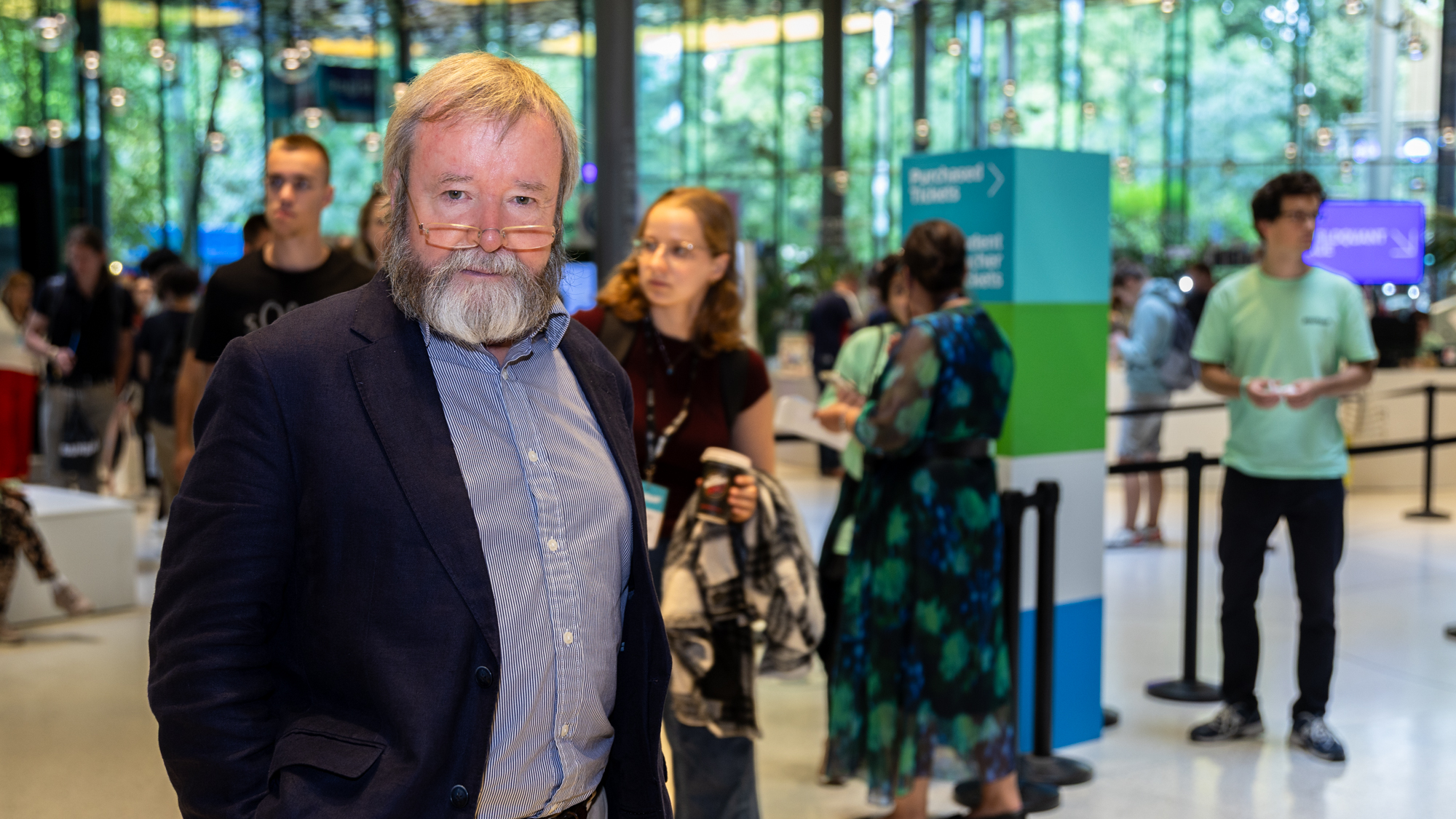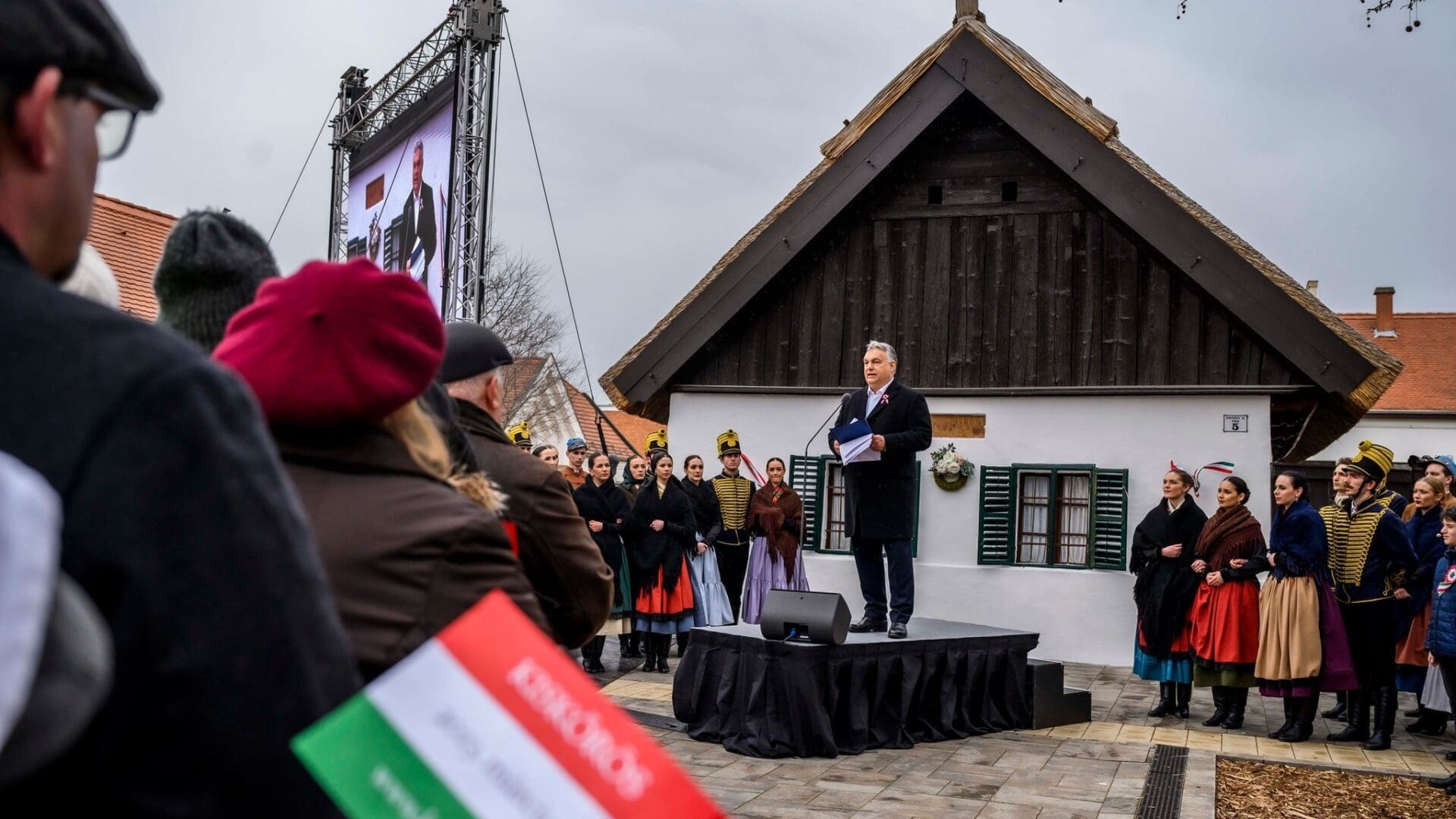
Viktor Orbán: ‘Every Hungarian Has a Little Bit of Petőfi in Them’
The Prime Minister reminded that when asked what gives higher meaning to finite life and to the homeland, Petőfi provided the answer: ‘Stand up, Hungarian! Shall we be slaves or free? Long live the free and independent Hungary!’

